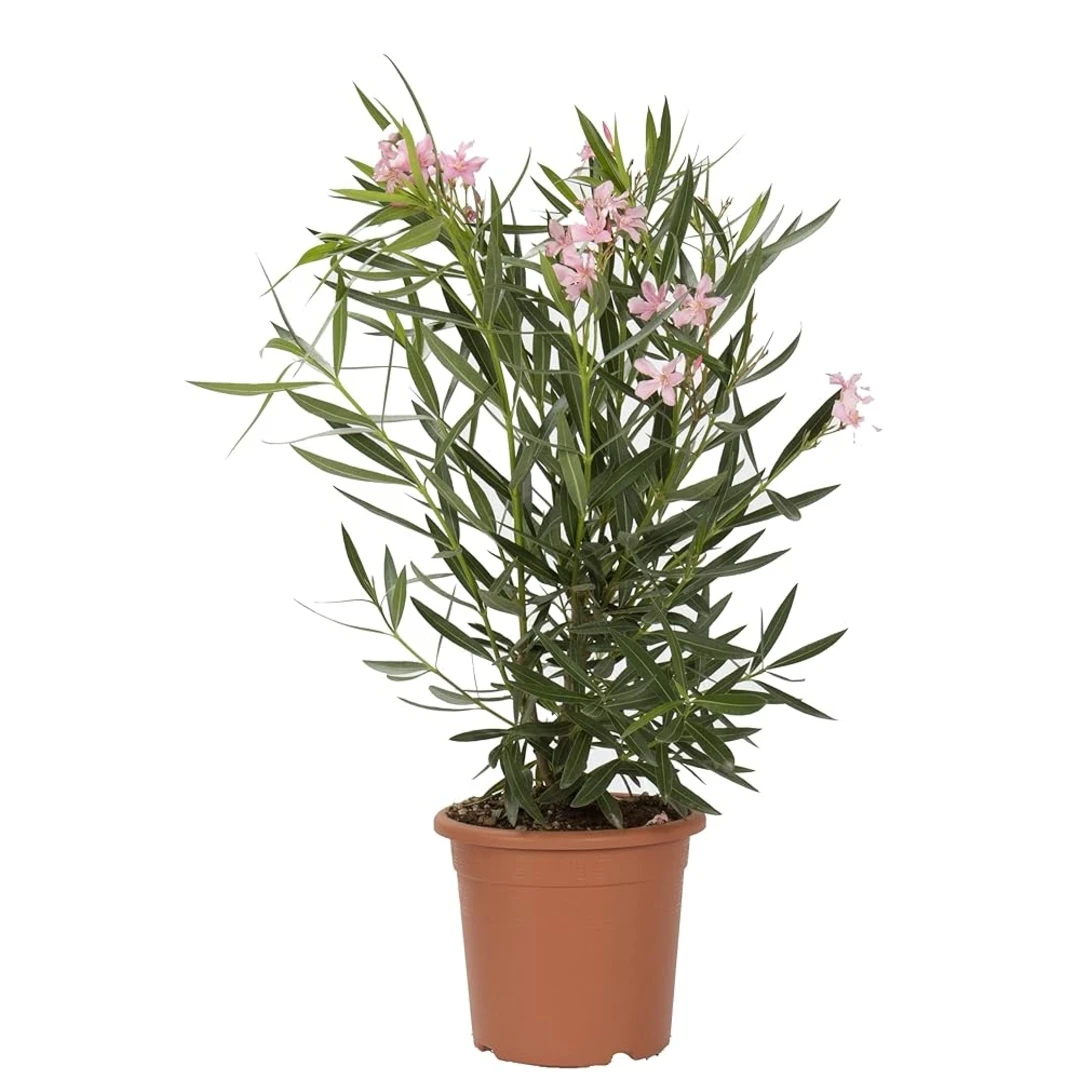The Parijat plant, also known as Night-flowering Jasmine or Harsingar, is a fragrant flowering plant native to South Asia. It's a small tree or shrub known for its unique, night-blooming, white flowers with a vibrant orange-red center. These flowers open in the evening, releasing a sweet, jasmine-like fragrance, and then fall to the ground by morning, creating a beautiful, carpet-like effect. The plant is also valued for its cultural and medicinal significance.
Physical Description:
Growth: Parijat is a small tree or shrub that can grow up to 10 meters tall.
Leaves: The leaves are opposite, simple, and have an entire margin. They are typically 2.5 to 4.5 inches long.
Flowers: The flowers are white with a bright orange-red center and are arranged in clusters. They bloom at night and are highly fragrant.
Bark: The bark is grey.
Key Characteristics:
Fragrance:
The sweet, jasmine-like fragrance of the Parijat flowers is a defining feature.
Nocturnal Blooming:
The flowers bloom at night, which is how it earned the name "Night-flowering Jasmine".
Cultural Significance:
Parijat is deeply rooted in Indian mythology and is often associated with love, devotion, and resilience. It's also used in religious rituals and traditional medicine.
Medicinal Uses:
Parijat leaves are used in traditional medicine to treat various ailments like fever, arthritis, and digestive issues.
Care and Maintenance:
Sunlight: Parijat prefers partial sunlight.
Soil: It thrives in well-draining soil.
Watering: Water regularly, but avoid overwatering.
Fertilizing: Fertilize during the blooming season (summer and spring).
Pruning: Regular pruning helps maintain the plant's shape and encourages new growth.




























